BLUE LIGHT IN 2025: THREAT OR MARKETING?

Just Imagine
It’s 11:47 p.m., and you’re still stuck to your screen typing away, doomscrolling, and somehow landing on your fifth “just one more skincare hack” reel when you swore you were done an hour ago.
Then out of nowhere, this weird thought creeps in:
Is this glow from my screen… actually aging my skin?
Yeah, I know. It sounds a bit dramatic. But it’s a thought more of us are having in 2025. Because while we’re all busy chasing glass skin and experimenting with retinol this and peptide that, another player has crept into the skincare chat: blue light.
So, if you’ve ever paused mid-scroll and wondered whether that TikTok about blue light serums is overhyped or spot on, you’re not alone. But here’s the truth that many experts and, more importantly, dermatologists are quietly but firmly confirming:
Blue light isn’t just another trending term; it’s being recognized as a genuine, invisible source of stress for the skin, with impacts that may be more significant than previously believed.
Let’s break down the science, the myths, and what you can do to protect your glow in a world where screen time is simply... life.
🌐 What Is Blue Light?
When we hear “blue light,” most of us instantly think of the soft glow from our phones or laptops. But here’s the thing, blue light isn’t just a screen-time side effect. It’s actually a real, high-energy type of visible light, also known as HEV (high-energy visible) light, and it sits right next to UV rays on the electromagnetic spectrum. That means it’s not as harmless as it looks. In fact, because of its higher energy, blue light can penetrate deeper into the skin than most other types of visible light.
Sources of blue light include:
- Sunlight (yes)
- LED screens: phones, laptops, tablets, TVs
- Fluorescent lighting
-
LED bulbs in your home and office
While the sun emits far more blue light than your phone does, what’s changed drastically in recent years is exposure time. Most of us are bathing in artificial blue light for 10+ hours a day, every day. That adds up. And your skin? It's noticing.
🧬 How Blue Light Affects the Skin
So, what does blue light actually do to your skin?
According to mounting studies and expert reviews, blue light can:
1. Trigger Premature Aging
Nakashima, Y., Ohta, S., & Wolf, A. M. (2017). Blue light-induced oxidative stress in live skin. Free Radical Biology and Medicine, 108, 300–310.
Duteil, L., Esdaile, J., Maubert, Y., & Queille-Roussel, C. (2014). Differences in visible light-induced pigmentation according to wavelengths: A clinical and histological study in comparison with UVB exposure. Pigment Cell & Melanoma Research, 27(5), 822–826.
Reactive oxygen species (ROS), those unstable molecules known for damaging skin cells, can be produced when skin is exposed to blue light. These molecules break down collagen and elastin, leading to:
-
Fine lines
-
Sagging
-
Loss of firmness
-
Dullness
Think of it like oxidative stress overload, just from light.
2. Disrupt Melanin and Cause Hyperpigmentation
Mahmoud, B. H., Ruvolo, E., Hexsel, C. L., Liu, Y., Owen, M. R., Kollias, N., & Lim, H. W. (2010). Impact of long-wavelength UVA and visible light on melanocompetent skin. Journal of Investigative Dermatology, 130(8), 2092–2097.
Regazzetti, C., Sormani, L., Debayle, D., Bernerd, F., Tulic, M. K., & Passeron, T. (2018). Melanocytes sense blue light and regulate pigmentation through opsin-3. Journal of Investigative Dermatology, 138(1), 171–178.
Several studies have shown that blue light exposure, especially in medium to darker skin tones, can stimulate melanocytes (the cells responsible for melanin). This may result in:
-
Uneven skin tone
-
Stubborn dark spots
-
Post-inflammatory pigmentation that lingers
If you’ve ever felt like your acne scars take forever to fade, blue light may be part of the reason.
3. Weaken the Skin Barrier
Coelho, S. G., Choi, W., Yin, L., Yamaguchi, Y., & Hearing, V. J. (2020). Effect of visible light on skin pigmentation in humans. Photodermatology, Photoimmunology & Photomedicine, 36(2), 128–134.
Liebel, F., Kaur, S., Ruvolo, E., Kollias, N., & Southall, M. D. (2012). Irradiation of skin with visible light induces reactive oxygen species and matrix-degrading enzymes. Journal of Investigative Dermatology, 132(7), 1901–1907.
Chronic blue light exposure is linked to:
-
Increased skin inflammation
-
Disrupted hydration levels
-
A more vulnerable skin barrier (which means more sensitivity and breakouts)
With each scroll, a small layer of your skin’s natural defense may be gradually worn down.
⚠️ But Isn’t This Just a Marketing Gimmick?
It’s easy to be skeptical. Skincare trends do have a way of snowballing into product explosions. Remember the 10-step Korean routine boom?
But here’s what sets blue light apart:
Peer-reviewed studies exist. This isn’t just influencer talk. Blue light has been linked to oxidative stress, pigmentation, and inflammation, according to credible studies.
Dermatologists are changing. Nowadays, a lot of people talk to patients about screen light, particularly those who have inflammatory diseases, melasma, or hyperpigmentation.
Changes are being noticed by actual people. Prolonged screen time has been linked by skincare communities to flare-ups or worsening pigmentation.
The underlying issue hasn't been resolved, despite the fact that many brands have capitalized on the blue light debate as a trend. Its possible effects on skin health are still very real.
🧪The Science Says (Not Hyped, But Supported)
Let’s take a quick peek at some legit studies:
- Turns out, blue light isn’t just tiring for your eyes, it’s not so great for your skin either. Back in 2010, a study published in the Journal of Investigative Dermatology found that blue light actually caused deeper and longer-lasting pigmentation, especially in darker skin tones, more than UVA rays did.
- Fast forward to 2018, and researchers writing in the Journal of Cosmetic Dermatology linked blue light to oxidative stress in the skin, which can speed up signs of aging (think fine lines, dullness, and loss of elasticity).
- Then, in 2020, a study in the Indian Dermatology Online Journal showed that prolonged exposure to blue light triggered an overproduction of free radicals, those unstable molecules that damage cells and significantly weaken the skin’s natural barrier.
👩⚕️So... Who Should Actually Worry About This?
Honestly? We’re all swimming in screen time these days, so technically, anyone can feel the effects of blue light if the exposure piles up long enough. But if I had to point fingers at who’s likely to see the consequences first, it’s the folks with sensitive skin or anyone glued to their screens (guilty 🙋♀️).
If you’ve got melasma, dark spots that just won’t fade, or you’re still battling the ghosts of breakouts past (hello, post-acne marks), blue light might be quietly making them worse. Not in a “panic and throw away your phone” way, but in a slow, stubborn, frustrating kind of way.
And if you’re someone who works under those harsh office LEDs all day, or you’re binge-watching with the brightness cranked up, yeah, you might want to keep reading.
Because melanin-rich skin can react more strongly to blue light exposure, people with medium to deep skin tones may be more susceptible to persistent pigmentation.
You're probably absorbing more blue light than you realize if you spend a lot of time in front of screens, think tech workers, gamers, or remote workers who put in more than ten hours a day.
Active ingredients used by skincare enthusiasts: Skin that has already undergone exfoliation or treatment with acids, retinol, etc., has a weaker barrier and is more susceptible.
📱 I’m Not Giving Up My Screens… So What Can I Do?
Let’s be honest, telling someone in 2025 to cut back on screen time is like asking them to give up JUNK. It’s just not realistic anymore.
But smart protection is totally doable. Here’s how:
1. Add Antioxidants Into Your Routine
Look for serums and creams with ingredients that neutralize free radicals:
-
Vitamin C
-
Niacinamide
-
Resveratrol
-
Green tea
-
Astaxanthin
Layer these under your moisturizer or sunscreen in the morning for a shield effect.
2. Use Sunscreen: Yes, Even Indoors
Many broad-spectrum sunscreens now include iron oxides or blue light filters. These are especially key if:
-
You sit by windows or under LED lights
-
You’re prone to pigmentation
-
You use actives like retinoids
3. Switch to Blue Light Filters on Screens
Most devices offer this:
-
Night shift mode (iPhone)
-
Blue light filter apps (for Androids and desktops)
-
Anti-blue light screen protectors
Bonus: They help your eyes, too.
4. Strengthen Your Skin Barrier
A strong barrier can resist inflammation better. Look for:
-
Ceramides
-
Squalane
-
Fatty acids
-
Panthenol (Vitamin B5)
5. Try Digital Detoxing (Realistically)
Honestly, just stepping away from your screen for even 30 minutes every couple of hours can do wonders not just for your skin, but for your brain too. Breathe. Get up. Move around. Blink a little more. Set that reminder if you have to. Your skin and your sanity will thank you.
💡 Is Blue Light in Skincare Just Getting Started?
Absolutely. We’re likely to see:
-
More research-backed products with blue light protection
-
Makeup that defends against screen damage
-
We’re also likely to see smarter tech stepping into skincare even more seamlessly. Think apps that monitor how much screen time your skin is getting—or even wearables that measure your face’s blue light exposure (yes, those are already being developed!).
- The more the right questions are asked, the less space there is for skincare brands to hide behind trendy buzzwords. It’s no longer enough for clever packaging to do all the talking. What’s truly being expected now are formulas that work, products that actually protect, support, and nourish the skin in ways that matter.
🤔 FINAL TAKEAWAY
Despite its quietness, blue light is not at all harmless.
To be honest, blue light isn't some giddy skincare gimmick. It is very real and more prevalent than ever in our lives of constant screen time. Even when no phone, no laptop, no late-night binge sessions, your skin is still being affected.
But does that mean your entire routine needs to be tossed out in a panic? Absolutely not.
It does indicate that it's time to start protecting your skin more intelligently. Reduce your fear and increase your prevention. Consume a lot of antioxidants. A mild, barrier-supporting routine should be followed. And while screen time might not be completely avoidable, you can still be mindful of it.
Yes, marketing might get dramatic sometimes. But beneath the hashtags and glossy campaigns, there’s real science behind this concern. Digital pollution is quietly becoming one of the biggest stressors our skin faces, and honestly, it deserves more of our attention.



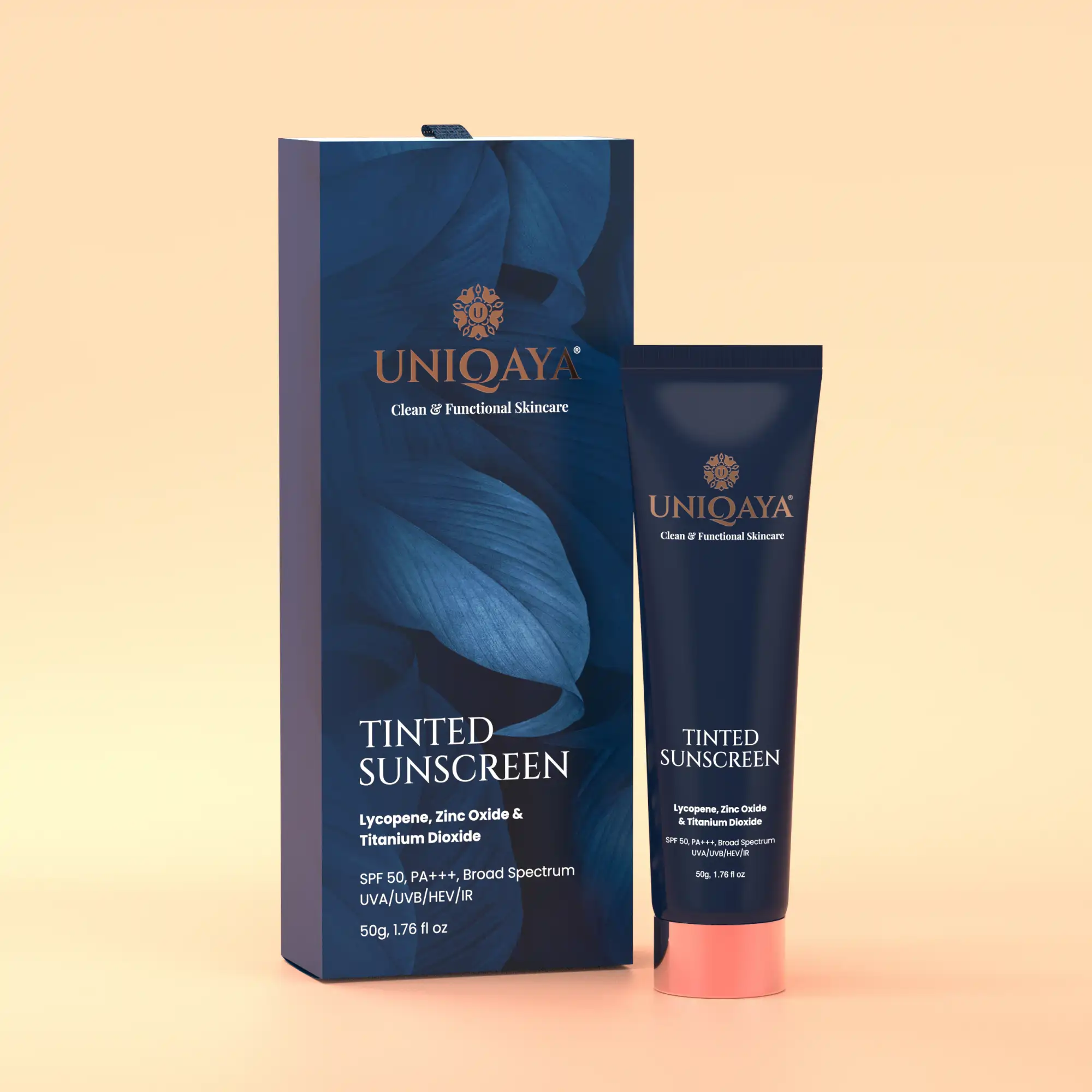
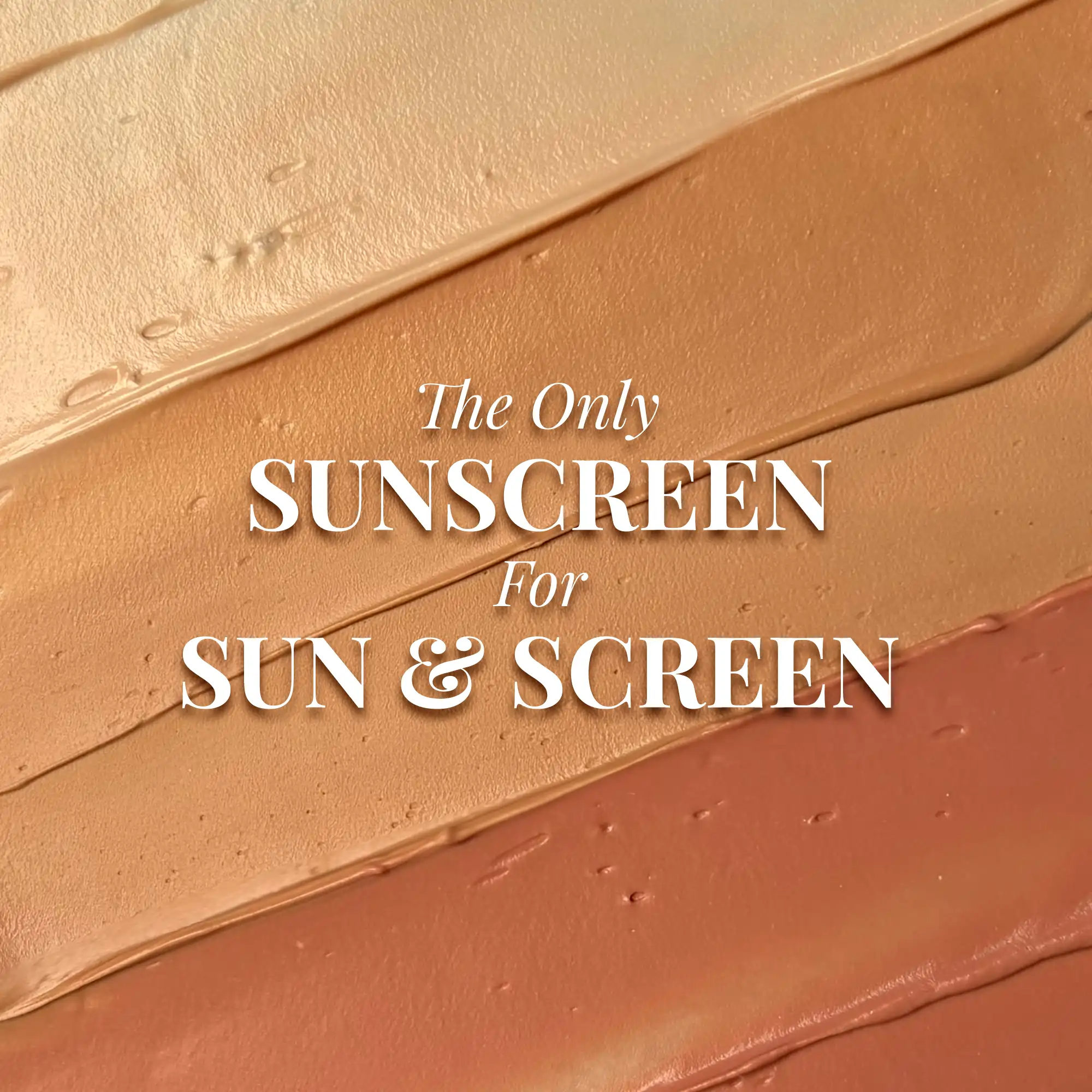
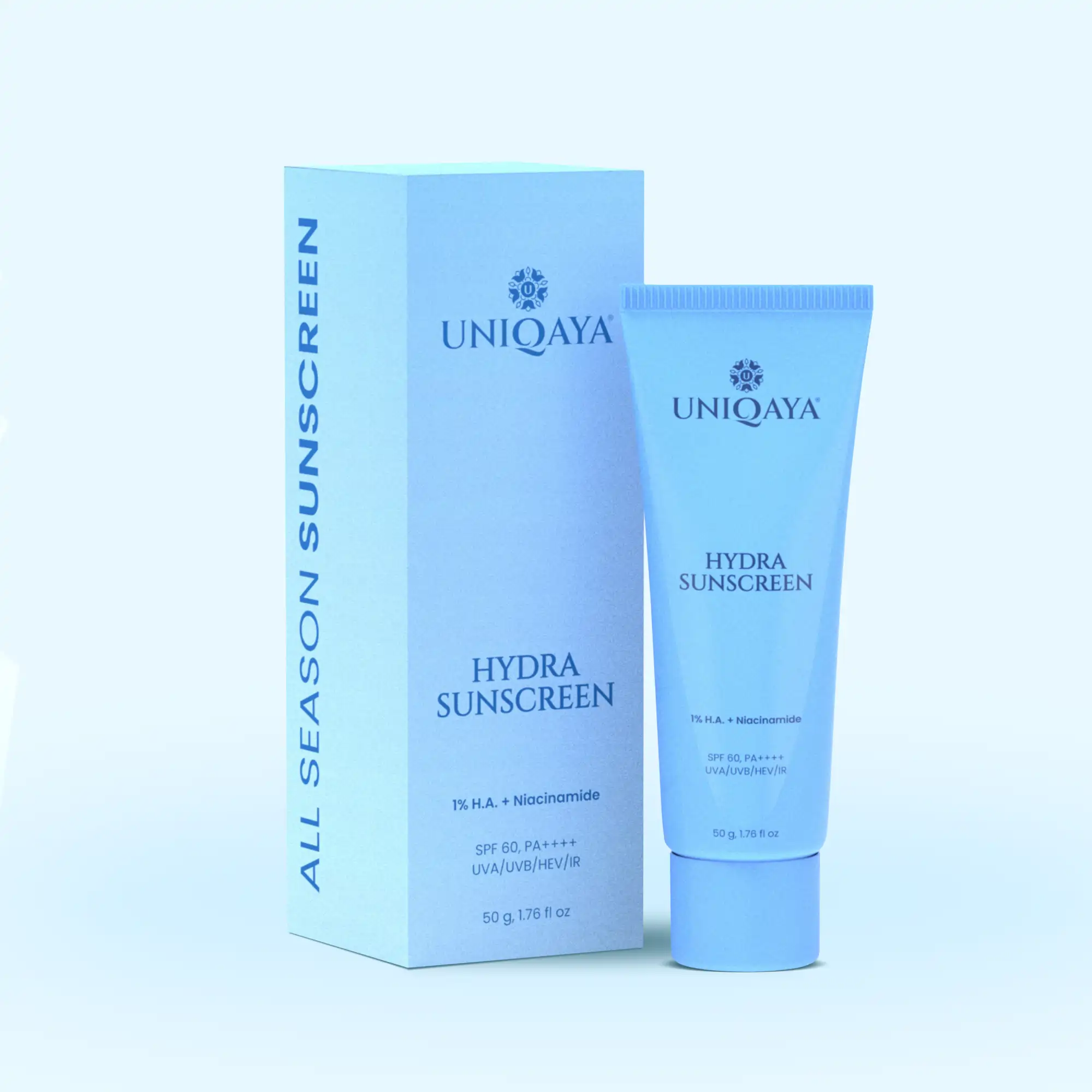
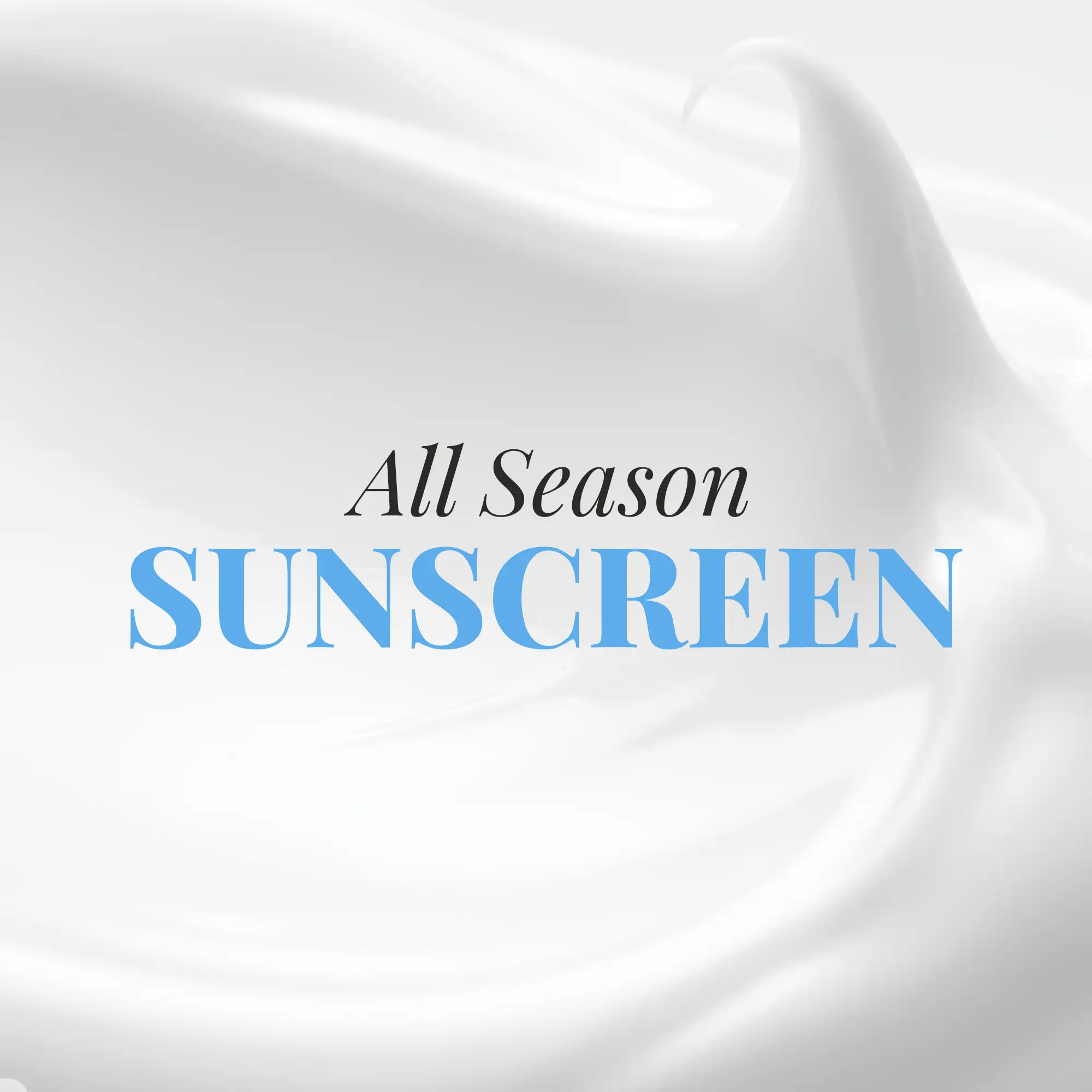
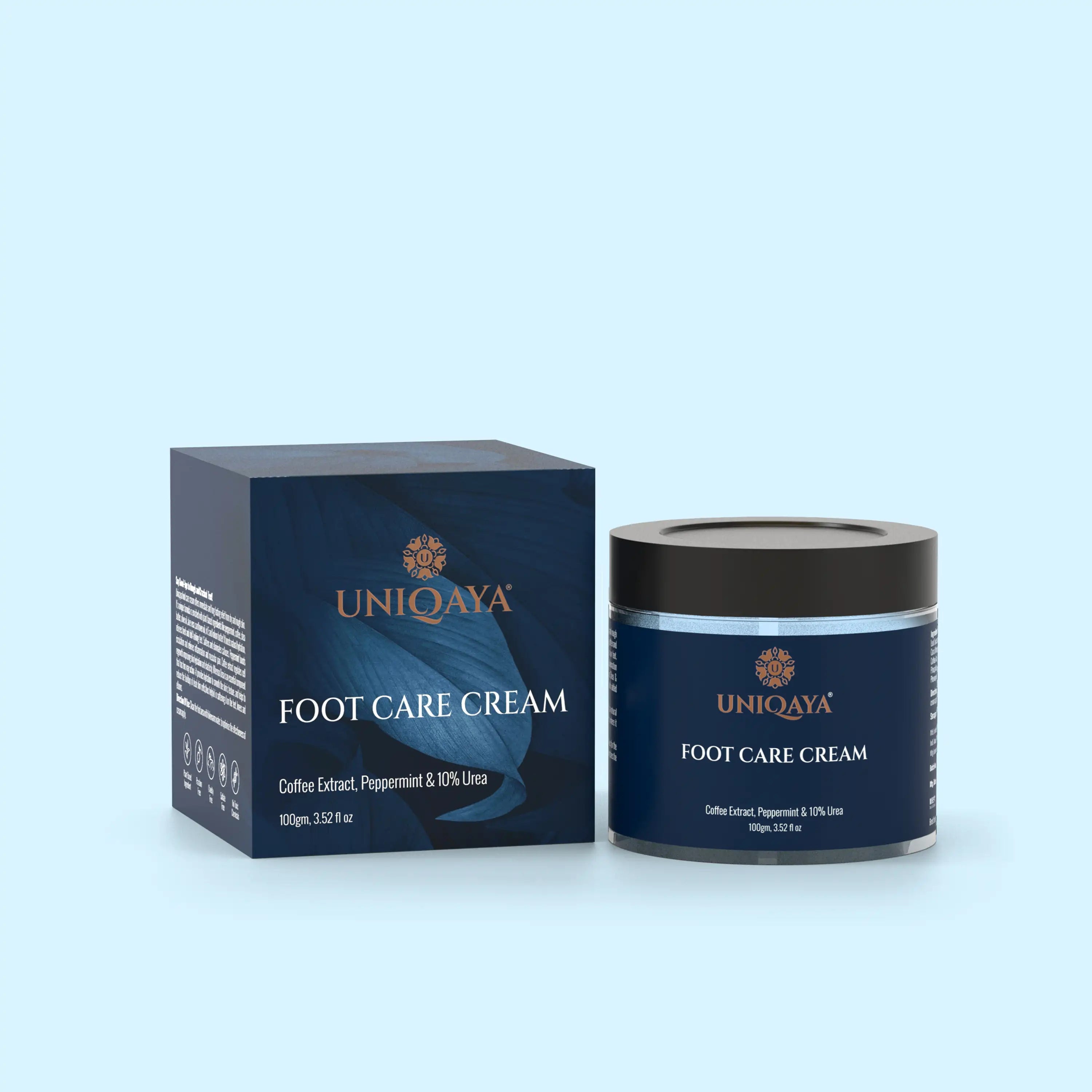
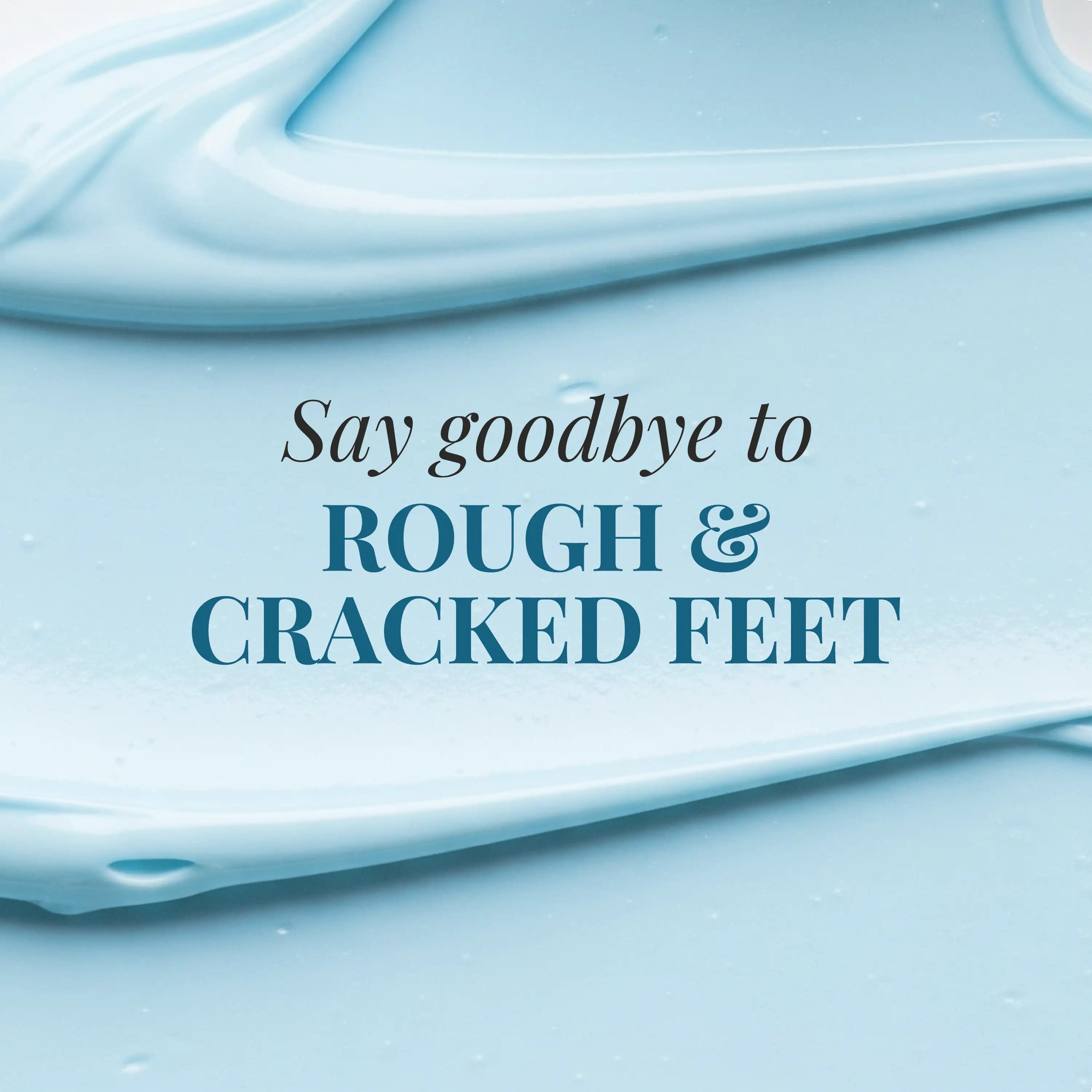
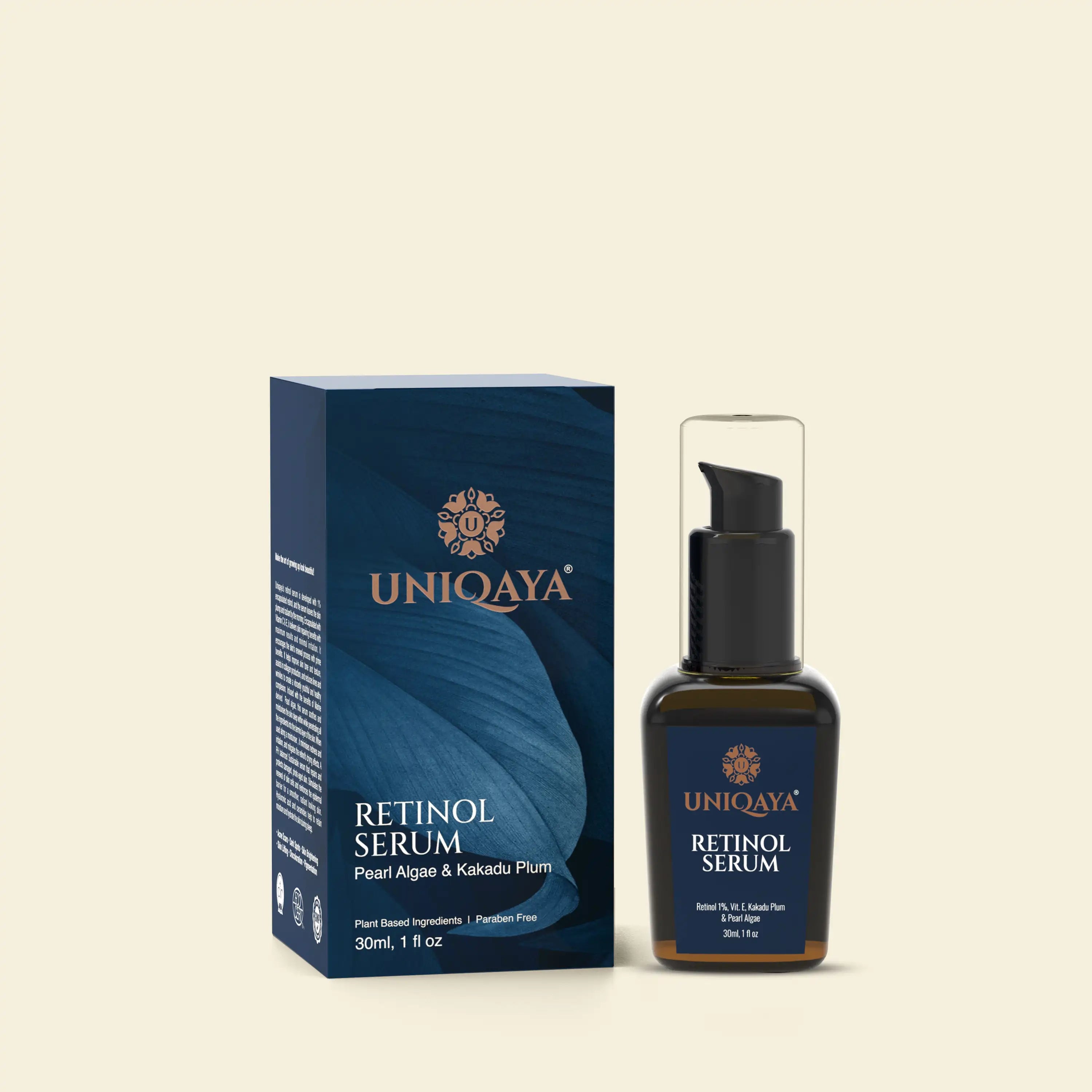
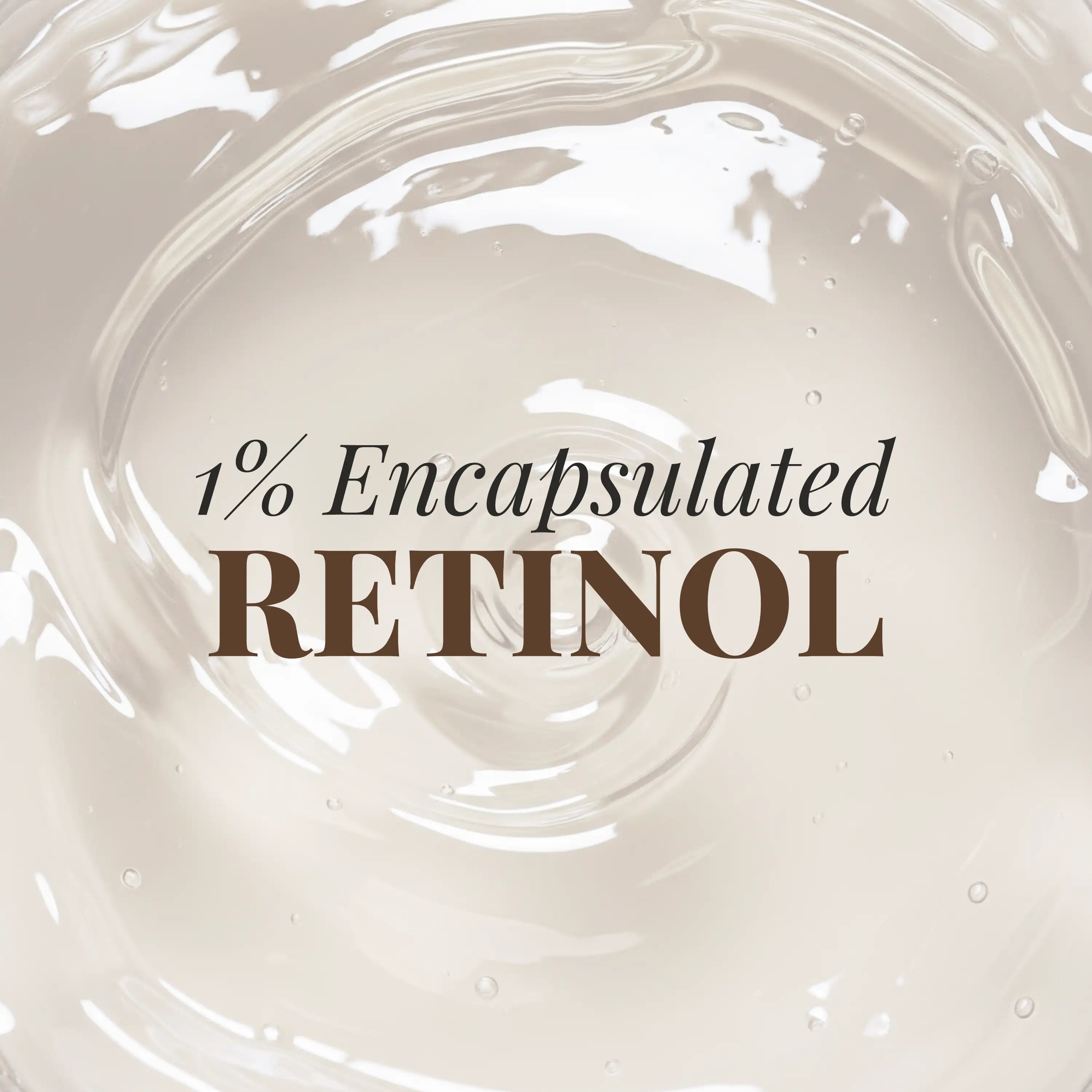
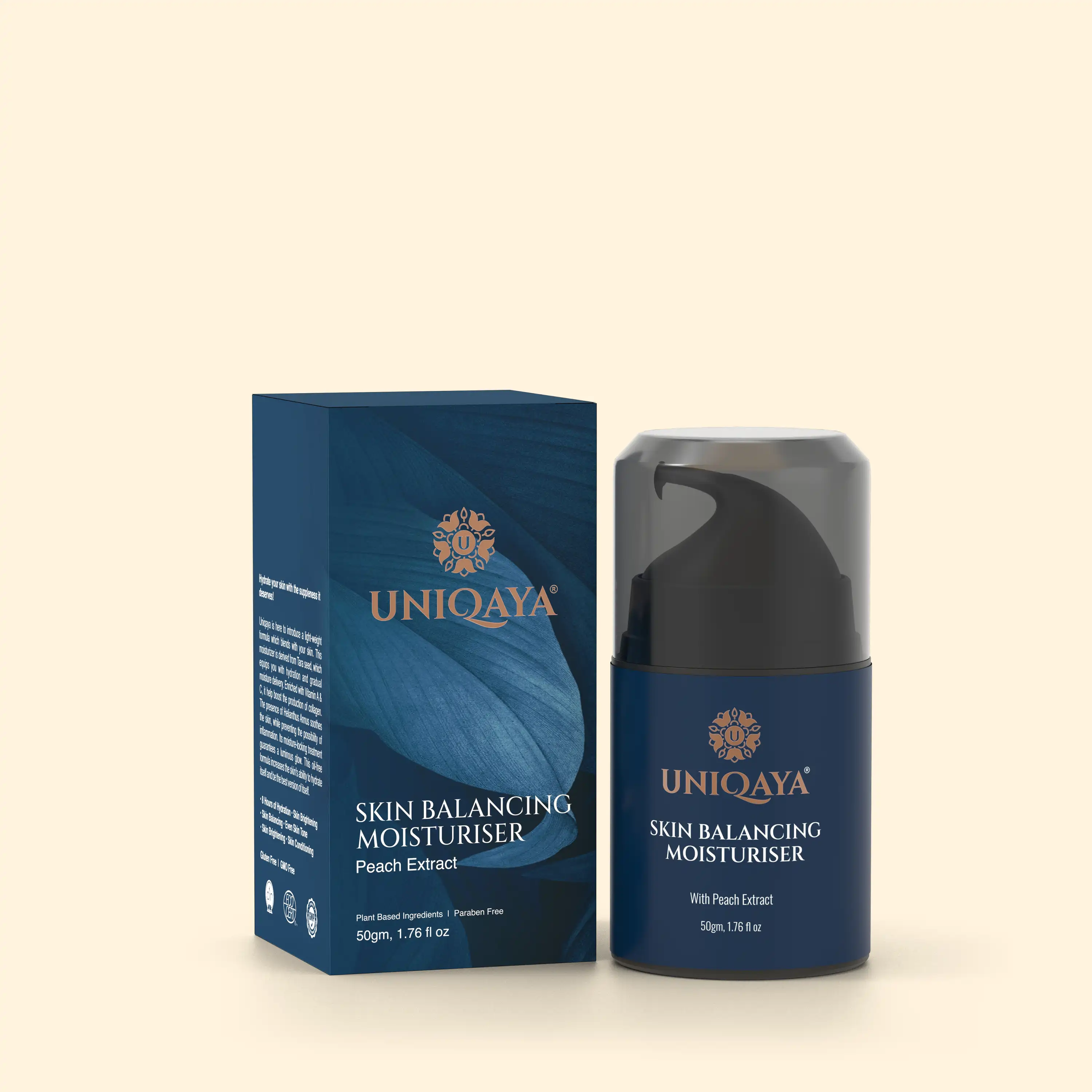
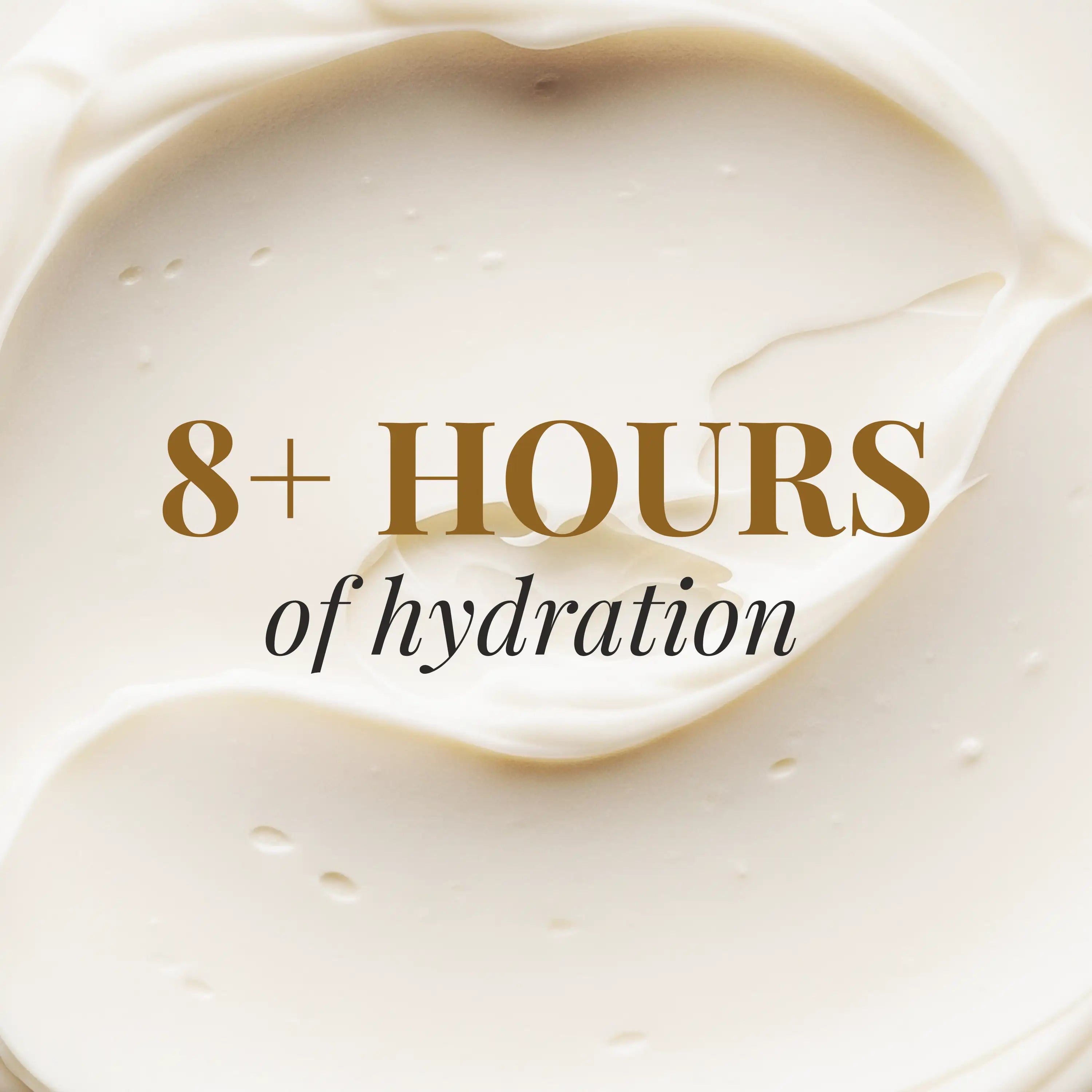
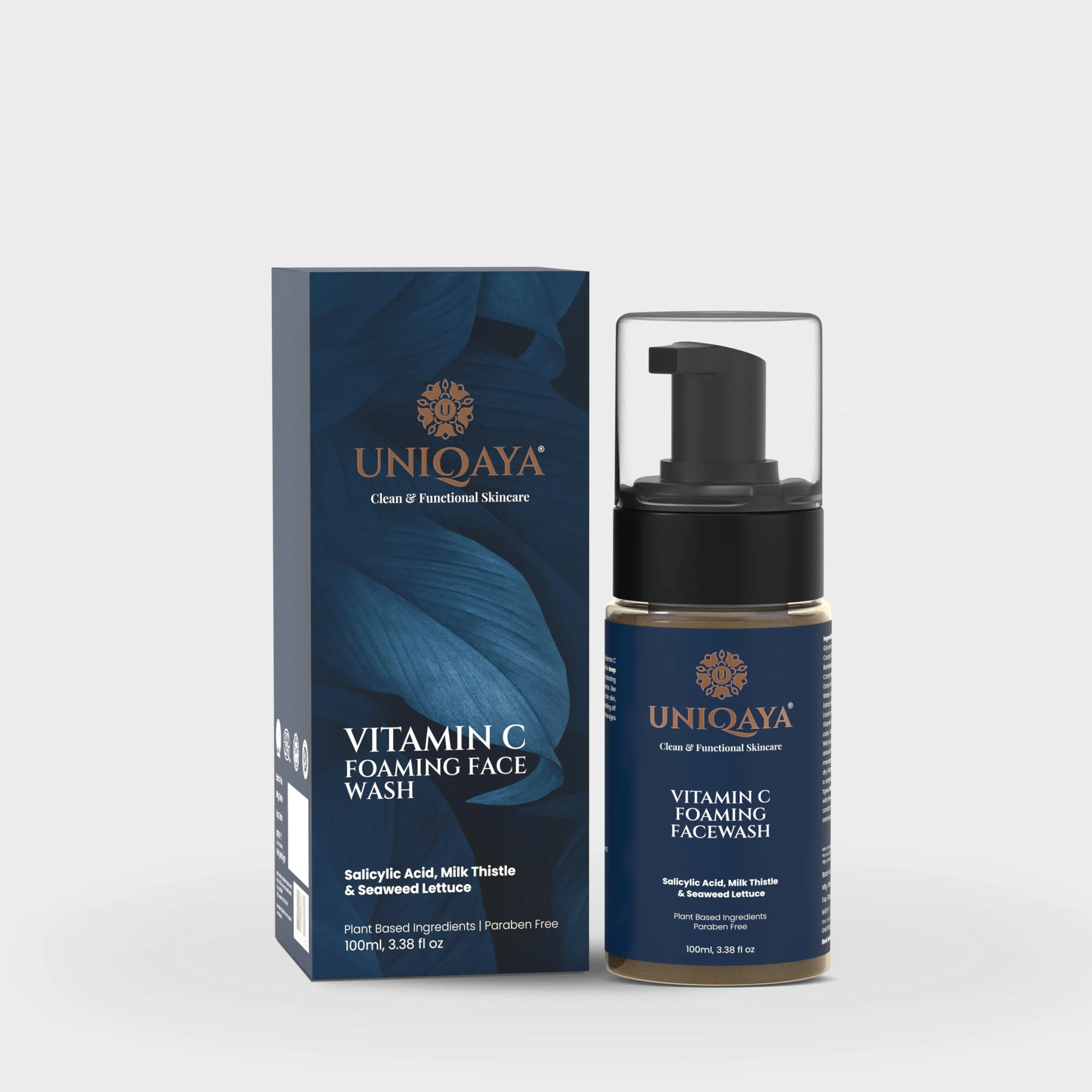
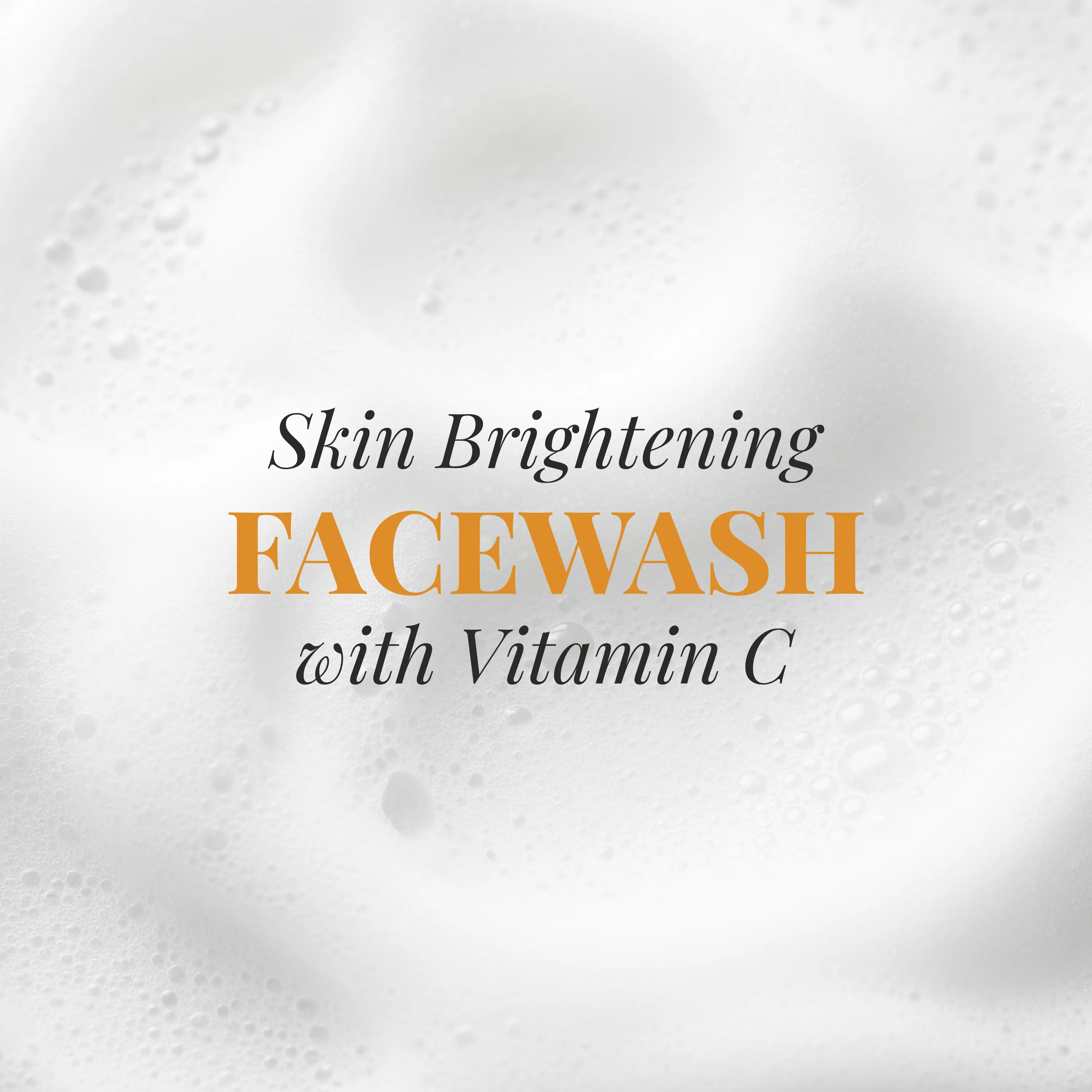
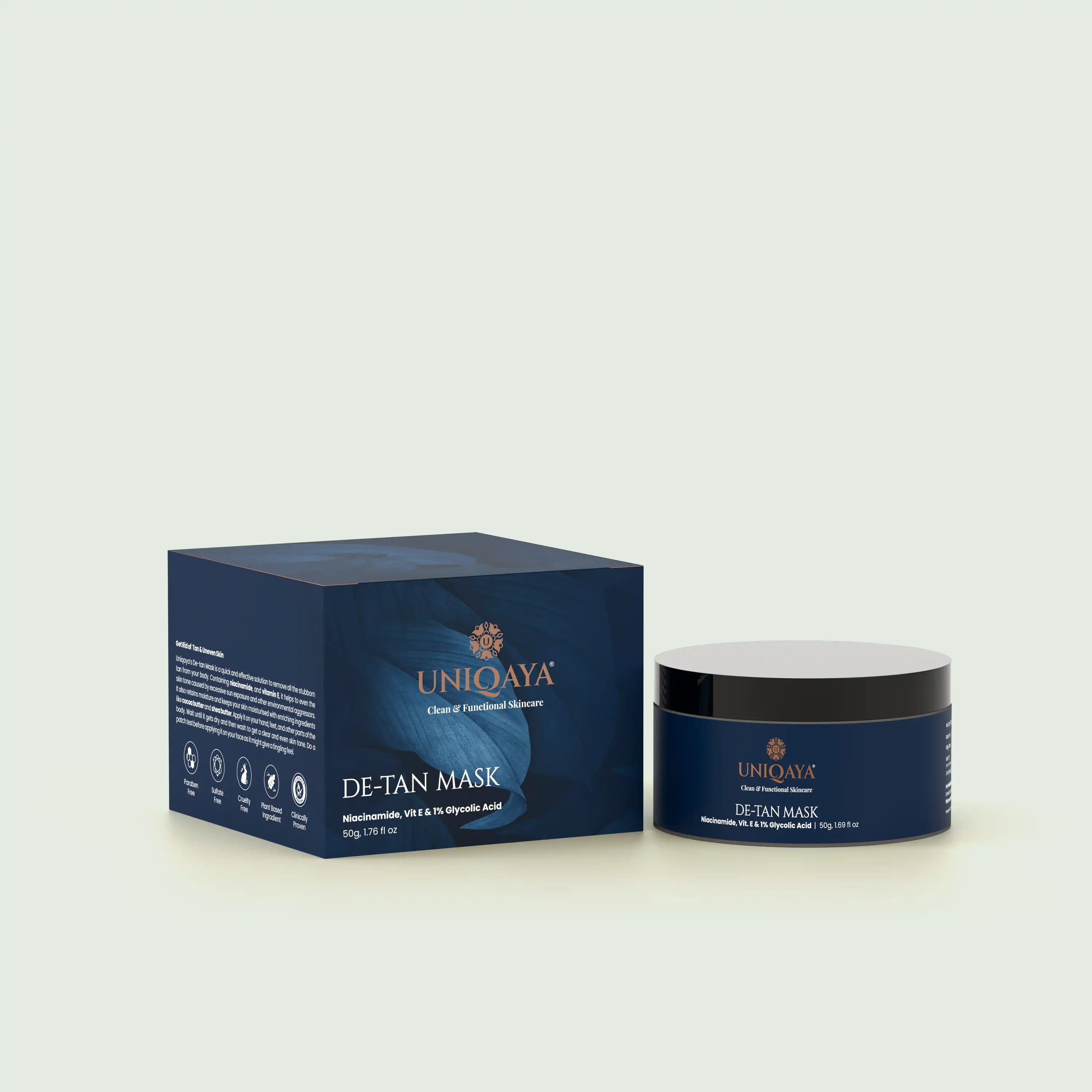
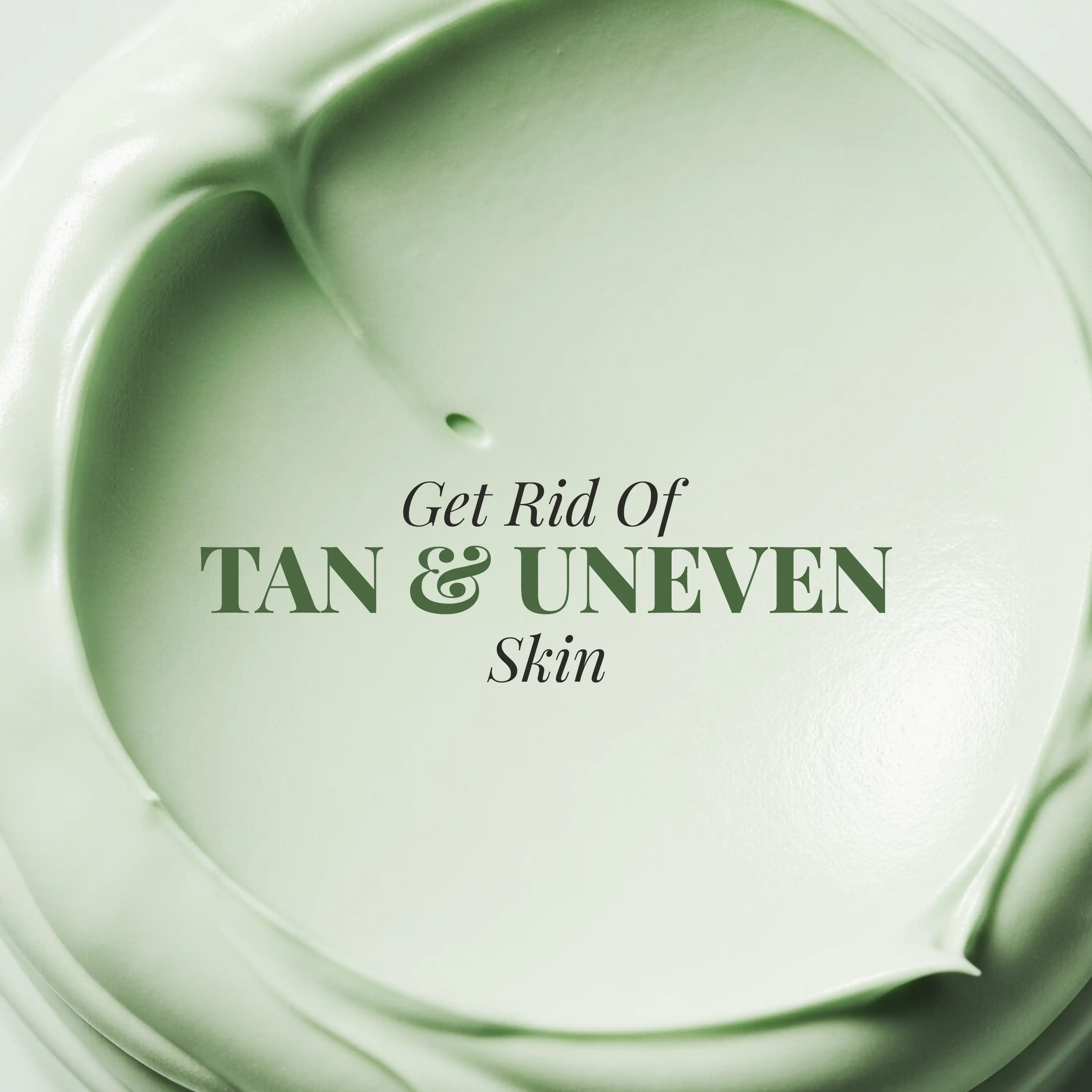
Leave a comment